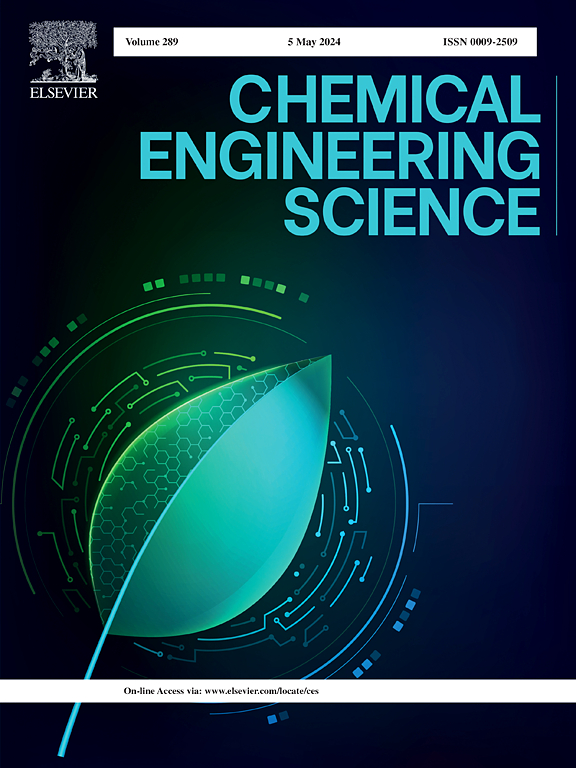使用高醇和二茂铁提高柴油发动机性能和碳纳米管产量
IF 4.3
2区 工程技术
Q2 ENGINEERING, CHEMICAL
引用次数: 0
摘要
本研究调查了高酒精燃料和二茂铁纳米粒子在提高柴油发动机性能和促进碳纳米管(CNT)形成方面的潜力。将丁醇、戊醇、己醇、庚醇和辛醇与柴油/生物柴油混合物(B30)混合。为优化碳纳米管的形成,添加了二茂铁作为催化剂,浓度为 1770 ppm。结果表明,高醇燃料,尤其是碳链较长的高醇燃料,可提高发动机效率,并将比油耗分别降低 10% 和 8%。值得注意的是,与 B30 相比,使用辛醇燃料后,发动机的一氧化碳、氮氧化物和烟雾不透明度分别降低了 26%、22% 和 52%。此外,使用戊醇、己醇和庚醇成功合成了碳纳米管,但没有使用丁醇。设计并制造了一种新型微粒捕集器,用于大规模收集。对收集到的样品进行了不同的分析,以确认 CNT 的成功生产,尤其是在使用高醇(特别是辛醇)时。这项研究深入探讨了高醇燃料和二茂铁对提高性能和生产 CNT 的协同作用。本文章由计算机程序翻译,如有差异,请以英文原文为准。
Enhancing diesel engine performance and carbon nanotube yield using high alcohols and ferrocene
This study investigated the potential of high-alcohol fuels and ferrocene nanoparticles to enhance diesel engine performance and promote carbon nanotube (CNT) formation. Butanol, pentanol, hexanol, heptanol, and octanol were blended with a diesel/biodiesel blend (B30). Ferrocene was added as a catalyst with a concentration of 1770 ppm to optimize CNT formation. Results indicated that high-alcohol fuels, particularly those with longer carbon chains, improved engine efficiency and reduced specific fuel consumption by 10 % and 8 %, respectively. Notably, engine emissions of CO, NOx, and smoke opacity decreased by 26 %, 22 %, and 52 %, respectively, with octanol compared to B30. Furthermore, CNTs were successfully synthesized using pentanol, hexanol, and heptanol, but not butanol. A novel particulate trap was designed and fabricated for large-scale collection. The collected samples were subjected to different analyses to confirm the successful production of CNTs, especially with high alcohols, particularly octanol. This research offers insights into the synergistic effects of high-alcohol fuels and ferrocene for improved performance and CNT production.
求助全文
通过发布文献求助,成功后即可免费获取论文全文。
去求助
来源期刊

Chemical Engineering Science
工程技术-工程:化工
CiteScore
7.50
自引率
8.50%
发文量
1025
审稿时长
50 days
期刊介绍:
Chemical engineering enables the transformation of natural resources and energy into useful products for society. It draws on and applies natural sciences, mathematics and economics, and has developed fundamental engineering science that underpins the discipline.
Chemical Engineering Science (CES) has been publishing papers on the fundamentals of chemical engineering since 1951. CES is the platform where the most significant advances in the discipline have ever since been published. Chemical Engineering Science has accompanied and sustained chemical engineering through its development into the vibrant and broad scientific discipline it is today.
 求助内容:
求助内容: 应助结果提醒方式:
应助结果提醒方式:


